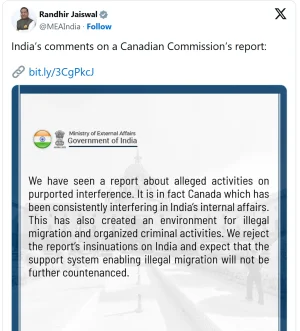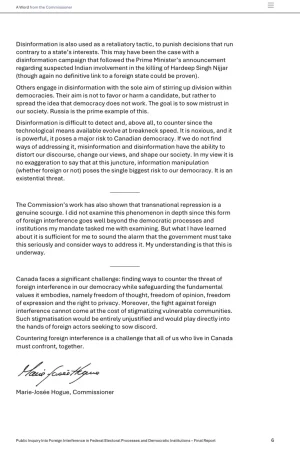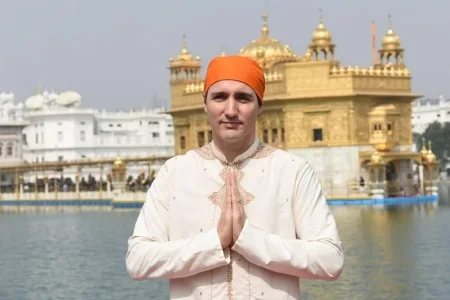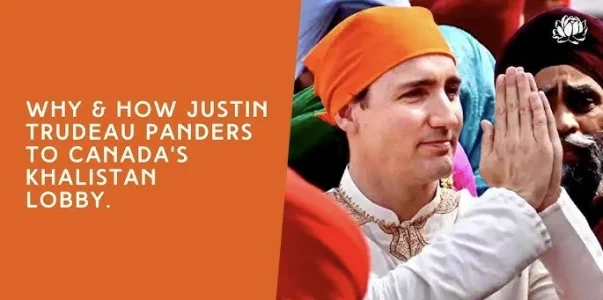Trudeau’s Downfall
One of Justin Trudeau’s biggest miscalculations was his attempt to court a steadfast voter base among Punjabi immigrants, particularly those sympathetic to the Khalistani movement. His advisors encouraged him to appeal to approximately 300,000 Sikh voters concentrated in 14 to 15 ridings in Ontario and British Columbia, believing this would secure a solid bloc of MPs in the House of Commons. As a political novice, Trudeau saw this as an asset. However, the strategy was fundamentally flawed from the start.
Trudeau aligned himself with Sikh separatist elements, a move that would later haunt him. He ignored the dark history of the “1985 Air India bombing”an act of terror carried out by Khalistani extremists choosing instead to engage with figures linked to the movement. His 2018 trip to India was an early debacle. Forced to seek an invitation, his primary objective was a visit to the Golden Temple in Amritsar, the site of a 1984 military operation to remove armed separatists. To make matters worse, he brought along a known terrorist who had fraudulently obtained Canadian citizenship. This was seen by India as a direct provocation, yet Trudeau remained oblivious, continuing to accommodate Khalistani interests behind the scenes.
It remains unclear whether Trudeau was acting on his own or influenced by the Five Eyes Intelligence Alliance to keep India in check. However, his continued antagonism toward India defied logic. During his 2020 reelection bid, he sought the support of Jagmeet Singh, the Sikh leader of the NDP, knowing he would need a coalition to remain in power. Singh provided the necessary backing but, in return, demanded Trudeau’s implicit support for the growing Khalistani movement in Vancouver.
Trudeau’s missteps on India only worsened over time. His G20 visit in 2023 was another disaster. Ignored by Indian officials beyond formalities, he privately expressed support for Sikh separatists, a move swiftly rejected by Prime Minister Narendra Modi. Trudeau left in frustration, only for his plane to suffer a breakdown, forcing him to stay in Delhi for two extra days. India provided assistance, but Trudeau failed to acknowledge it.
In June 2023, a prominent Khalistani supporter was murdered in Vancouver. Without evidence, Trudeau accused India of orchestrating the killing. A year later, four Sikh men were arrested, but the case collapsed and the accused released, exposing the weakness of Trudeau’s claims. Meanwhile, his government, aided by Khalistani supporters and Singh, launched an anti-India campaign, expelling six Indian diplomats. India retaliated, expelling six Canadian diplomats and shutting down most visa offices. This resulted in a $700 million loss for Canadian educational institutions, triggering widespread backlash from schools and businesses.
With the economy in decline, inflation soaring, and the Canadian dollar weakening, Trudeau’s political survival became untenable. Sensing trouble, Singh withdrew his support, leaving Trudeau’s government in a minority position. The final blow came with Donald Trump’s re-election as U.S. president. Trump’s proposed 25% tariff on Canadian imports was too much for Trudeau to handle. Lacking the political acumen to confront the challenge, he opted to resign.
With Trudeau’s departure, the Khalistani lobby lost its primary backer. His successor will likely distance Canada from the movement and attempt to mend ties with India, though the damage will not be easily forgotten.

 theprint.in
theprint.in









